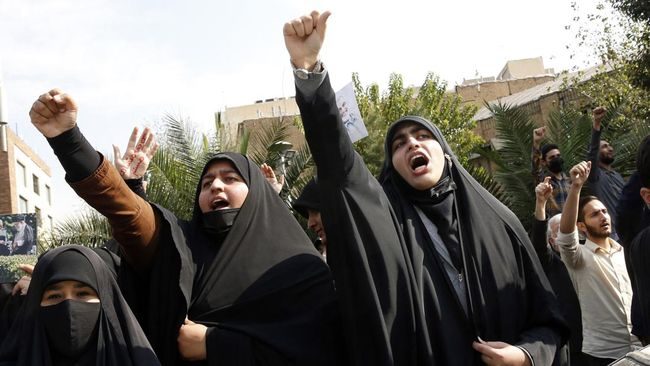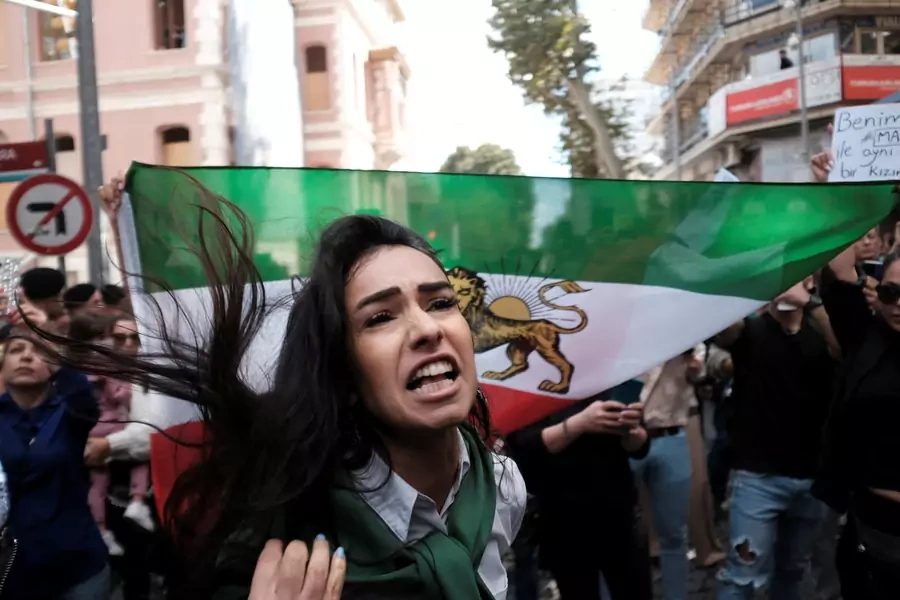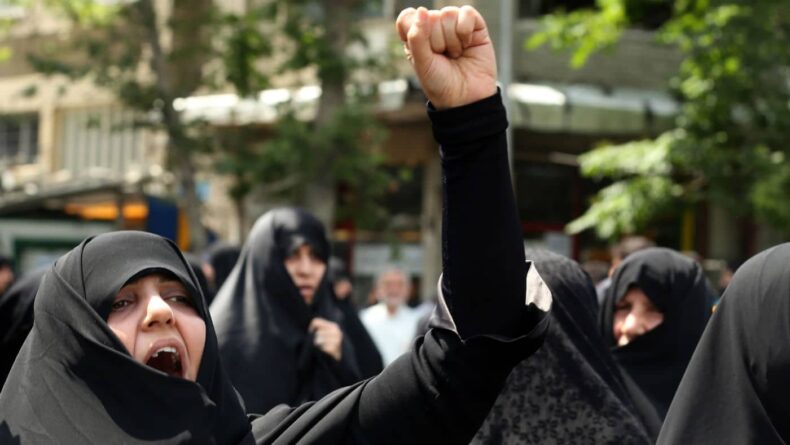In order to enforce the hijab law, the Iranian government turns to psychological therapy, which is criticized by medical groups. Iranian actress Afsaneh Bayegan was given a therapy session and a suspended jail term for publishing pictures sans a headscarf.

Background
In an effort to enforce the laws requiring head covering, the Iranian government has taken the divisive step of ordering women to attend therapy. Healthcare organizations are concerned about this decision because they claim that the nation’s judicial system is using mental health services for its own ends.
As pointed out in an article by France 24, however, some people see this as evidence of the government’s failure to respect the hijab rules.
Women have recently been punished for refusing to wear the hijab.
Iranian performer Afsaneh Bayegan recently attended a public function sans a headscarf as a symbolic gesture of resistance in which she constantly uploaded pictures of her uncovered hair on Instagram.
The Iranian government, which has been looking for new ways to impose the restriction on women, was displeased by the action. Bayegan, 61, was given a two-year suspended prison term and instructed to visit a “psychological center” once every week to “treat her anti-family personality disorder,” according to the nation’s Fars News Agency.
Azadeh Kian, a political science professor at Université Paris Cité who specializes in Iran, says that the sentence that [Bayegan] was given “sets an example.” Following the Islamic Revolution in 1979, Bayegan became one of Iran’s first film stars and is a well-known personality on Iranian television.
The situation with Bayegan is not unique. Azadeh Samadi, an Iranian actress, was recently “diagnosed” by Iranian courts with an “antisocial personality disorder” after she showed up to a funeral without a headscarf. Samadi will also be required to visit a “psychological center” once a week for counseling.

Scrubbing corpses at a morgue as a punishment
Another harsh penalty occurred when a Tehran court ordered a lady who had been discovered driving without a headscarf to spend a month scrubbing corpses in the mortuary. After Mahsa Amini’s passing in September 2022, numerous women defied Iran’s strict restrictions by appearing in public without their headscarves.
Numerous women have joined forces, from athletes to celebrities. A lady was sentenced to two months in prison and six months of psychiatric treatment for “a spreading psychological disorder that leads to sexual promiscuity” in another example of punishment by a Tehran court because she didn’t cover her hair.
Iran’s government will penalize women protesting
More worrying is the fact that girls and children are not even being spared by the Iranian government. Youssef Nouri, the minister of education, acknowledged that during the Mahsa Amini demonstration, students were detained in the public or at their places of instruction and kept in “medical psychological centers” where they were “re-educated” to curb “anti-social” behavior.
To prevent women from leaving the house without hijabs, the government is attempting a variety of tactics. If they are seen driving without a headscarf, women are subject to heavy fines and SMS messages. Additionally, authorities are seizing automobiles and even putting pressure on employers, especially those in the private sector, to terminate women. According to a story from France 24, stores that cater to exposed women have been forced to close, and some have even been denied medical care.
A law that was submitted to the Iranian parliament at the end of July raises the possibility that conditions for women would deteriorate during the next few months. According to ANI quoting France 24, the measure calls for even tougher punishments for women who fail to don a headscarf. The possibility of losing civil rights in such a situation was mentioned by experts. Women who repeatedly protest the hijab may potentially receive a death sentence when the measure is passed.













